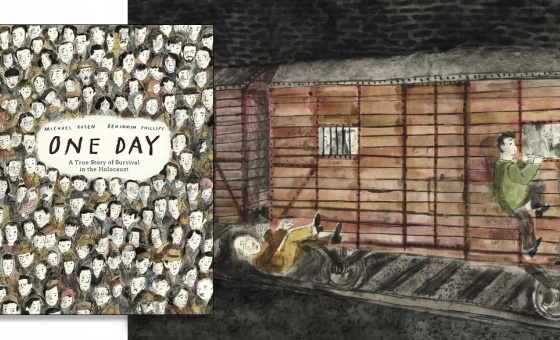This is the last article you can read this month
You can read more article this month
You can read more articles this month
Sorry your limit is up for this month
Reset on:
Please help support the Morning Star by subscribing here
JENNY MITCHELL’S new book, Map of a Plantation (Indigo Dreams, £11) is a hugely ambitious exploration of traumatic historical memory, a powerful and painful attempt to imagine life on a Jamaica slave-plantation – slaves and slave-owners, masters and mistresses.
Mitchell describes the systemic brutality and systematic cruelty of the plantation economy as seen through the eyes of unnamed slave women:
“first day in the fields/ forced into a row / women chop the cane hands turn into blood / legs / dead weight / each step a punishment / not walking this but crawl / bundle on my head bones crack / haul a bundle to the cart / stop / breathe / eyes close / overseer calls me / beast / whips a fire on my back.”
Slaves are given names like Patience and Love in order to teach them what is expected of them. Infants are sold to prevent female slaves from becoming soft. Runaways are hanged:
“She’s become the hanging tree… Her dress helps shape high branches / bodice in mid-air – / a morning cloud / shifting to light blue – the rippling gown. / Arms flap empty wings – circling of birds.”
Women are systematically raped by their owners:
“As master I will name them swamp / every shade of brown sinister as mud / born for me to wade / taming with a whip… Watch me snap / crow/ pull them down / stamp underfoot grind / my boot / blood spilt / rustle of red leaves.”
Then there are the slave-owners, terrified of an island they own but do not understand:
“I’ll shoot the brightest birds. / Their colours are too strange, the songs too loud, too lively. / They must not own the sky… Progress shall be made.”
Hannah Lowe’s third full-length collection The Kids (Bloodaxe, £10.99) is a book of loose, light-touch sonnets about growing up and growing old, parents and children, teaching and learning.
The first part of the book is about the 10 years the author spent teaching English in an inner-city London school – students with their “late strut-in, teeth-kissing, rolling eyes,” days when “Boredom hangs like a low cloud in the classroom,” and maps showing the “heyday” of the British empire:
“the pale blue sea around / the places half those kids / had sort of come from once, / shaded rich and bloody red.”
In the second part of the book, Lowe recalls her own adolescence, the regrets she can’t escape and the friends whose names she can’t remember. There are some self-deprecating evocations of teenage sexual feelings here, especially “Love,” “So Amazing” and “The Pitch,” tender and honest.
The last section is about her small son and the huge future he must learn to inhabit:
“Rory rides these streets in his battered pram / like a prophet, his milky arms spread open, / face first into the world…”
Joanna Boulter wrote the poems in her last collection, there was a maze (Epistemea, £8) in the months before her death in 2019.
The book contains several extraordinary responses to living with Lewy body dementia, which she compares to travelling through a strange landscape where the perspective is all wrong:
“and you don’t speak the language / don’t know the stories they grow up with here / which frog will swallow you which wolf will become a prince / can’t ask the way home / or understand the answer.”
Despite Boulter’s sense of her failing powers, she was still able to imagine her death with characteristic precision and honesty – for example, as a winter solstice, as a mermaid swimming away in “a gleam of phosphorescence, a drift of song,” or as a mackerel that knows how to dance in the net “and not lose / sense of self… Silver thousands, / they fill / the boundless sea – / all this and / beautiful.”
Best of all is the breathtaking “Tang Horses” (referring to the terracotta horses found in Tang Dynasty vaults in China):
“riders and mounts go into the last dark / with neither bridle nor stirrup to guide them / and only each other for comfort. / The hoofbeats grow louder, / closer, they are nearly upon us, and now / there is no time to escape and no room to gallop.”







